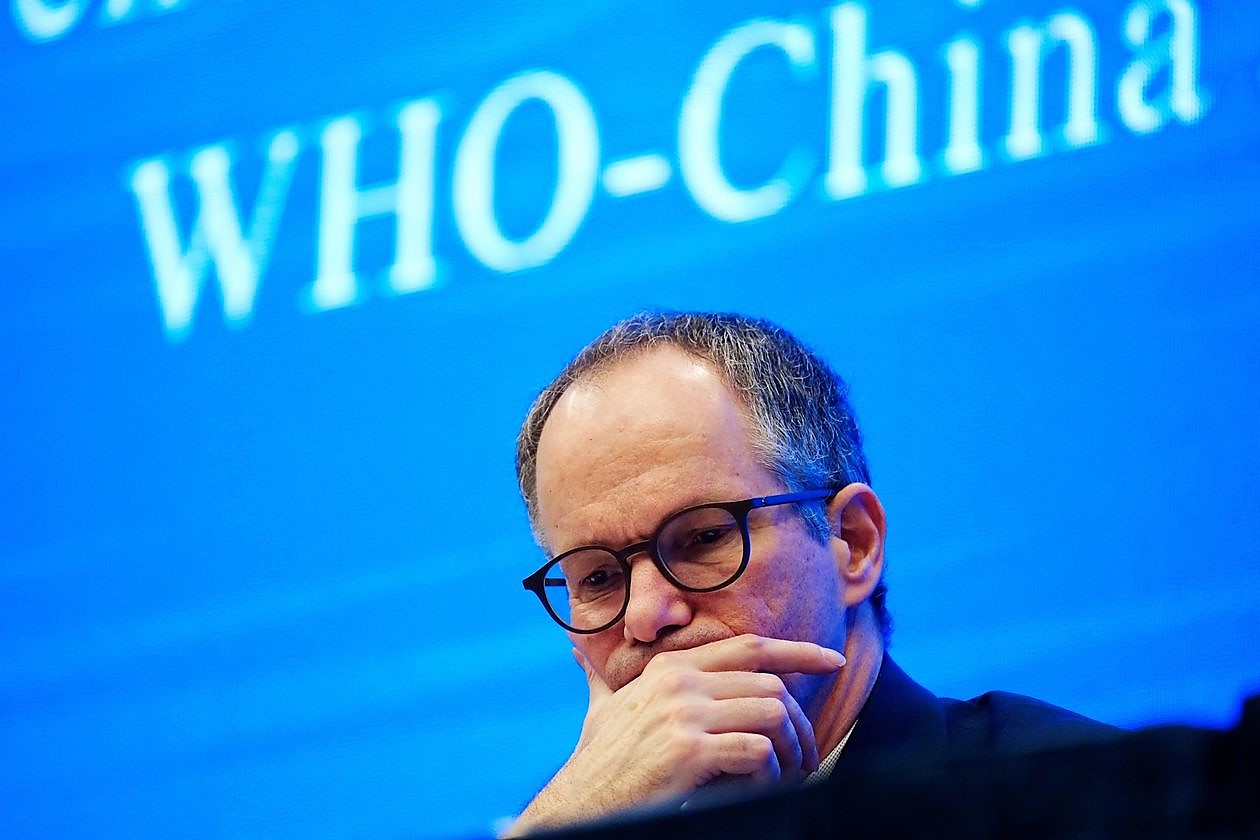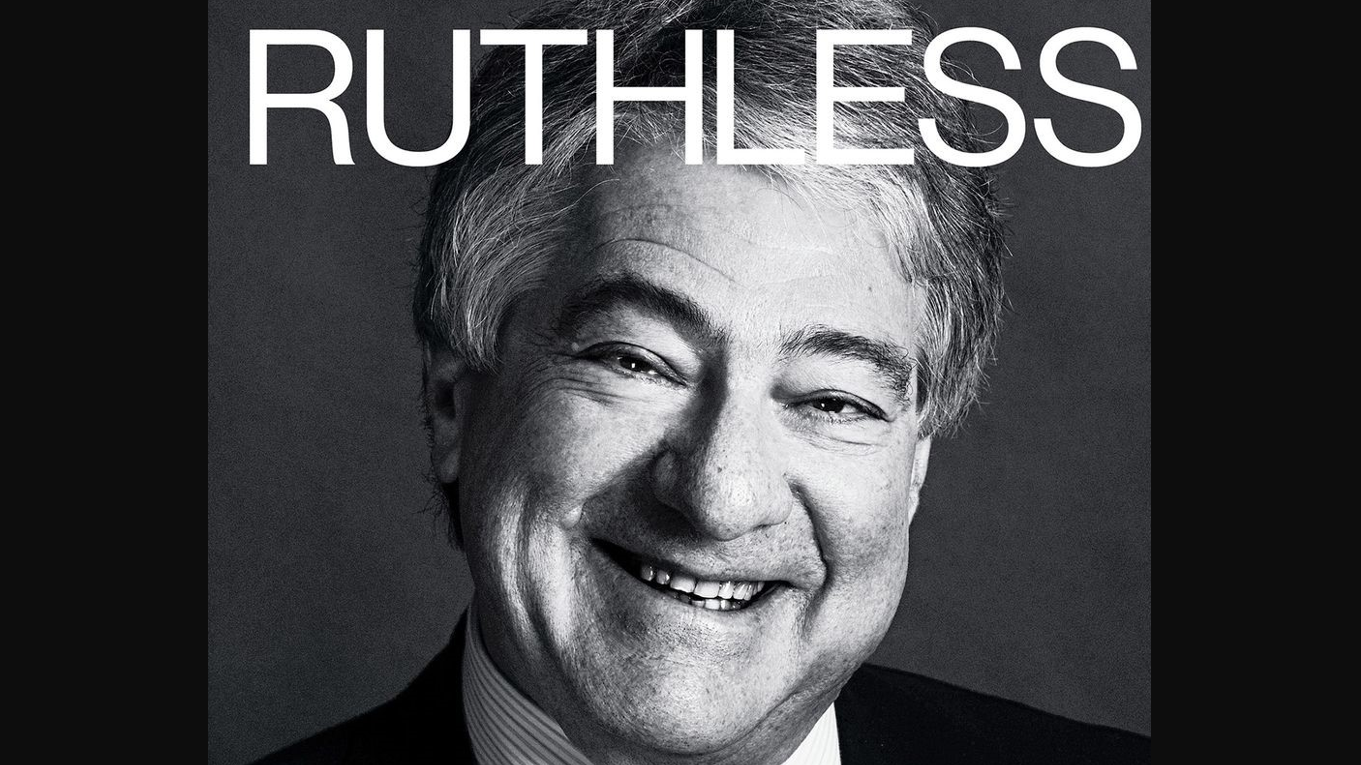Every morning, we run The Narrative Machine on the past 24 hours worth of financial media to find the most on-narrative (i.e. interconnected and central) stories in financial media. It’s not a list of best articles or articles we think are most interesting … often far from it.
But for whatever reason these are articles that are representative of some sort of chord that has been struck in Narrative-world.
Why We Should Fear Easy Money [NY Times]

There’s an ET note for that.

There’s an ET note for that, too.

There’s an ET note for that, too, although we’d probably differ on the focus on bearish sentiment. The author is certainly right that these are possibilities, but we think the transformation of capital markets to utilities is a powerful, largely stable narrative.
You may not know his name if you aren’t in the money management industry, but Ruchir’s is a powerful Missionary voice. Pension funds, sovereign wealth funds and others care what he says. They will repeat it to their boards. They’ll put it in their own words and call it their new outlook, or else they’ll put it in the ‘risks’ section of their 2020 strategic planning. That’s how narrative works.
Alas, this still isn’t the dominant narrative. Frankly, against the tide of ‘Financial Asset Appreciation = Economic Strength = National Strength’ memes promoted throughout political and financial media, it barely registers. Still, it’s gratifying to see some emerging coherence around these ideas, even if the piece had to summon the spectre of a crash to fit the Zeitgeist.




When I heard the CBS top of the hour radio update, in all its Fiat News/Narrative Building throw-up-in-mouth glory, switch to the ominous tone about “Fed Rate Cuts”, after 9 years of speaking of low rates in the up-talk cheery voice, first I thought of ET, then it occurred to me that tides may be changing in Team Elite land. And a few days later, cue NYT featuring a missionary furthering said change in narrative.
So do we wait until the “low rates are racist” stories come out to invest on this narrative change? Or is that the ‘all in’ moment?
‘…Easy money is increasing inequality, since the wealthy own the bulk of stocks and bonds.’
It would be more provably clear to say that rising financial asset prices are a sure sign of inequality. Since the wealthy save away a larger portion of any income growth, the fact that asset prices grow faster than consumer prices shows that the new wealth is going to the already wealthy.
i read this from Peter Drucker in an interview done back in 2001 with someone called Eric Schonfeld :
" The idea that the Federal Reserve chairman has power is a delusion. The only power he has is over the interest rate, and the interest rate has ceased to be important because businesses are no longer dependent upon borrowing from banks. The interest rate is only important to the stock market, to people that short or buy on margin. For the economy – yes, if it goes up to 18 percent or down to 2, but half a point is a symbolic gesture. The Fed has control only as long as people trust that when Greenspan opens his mouth, it is meaningful. But the first time it does not work – well, magicians get no second chance."